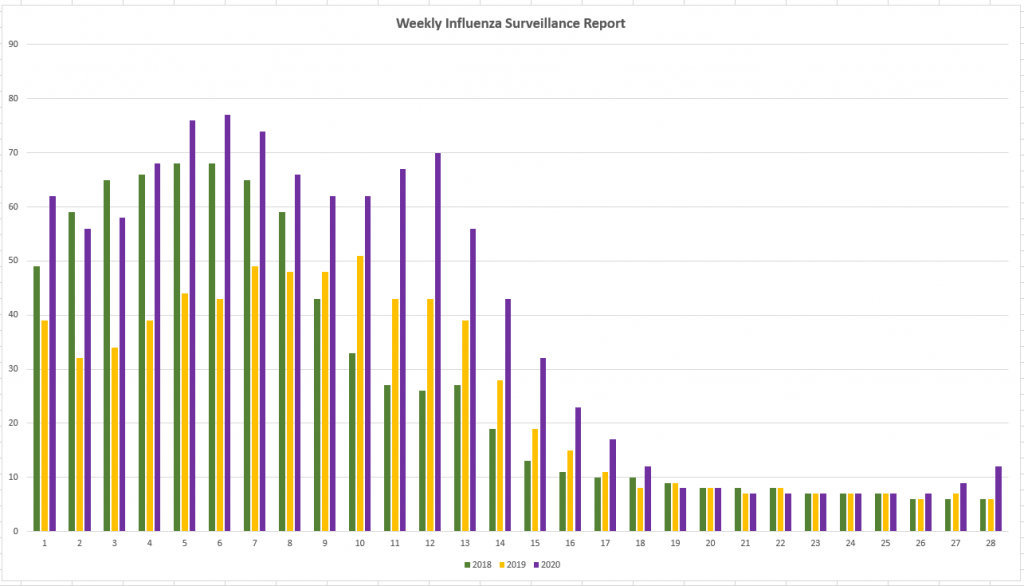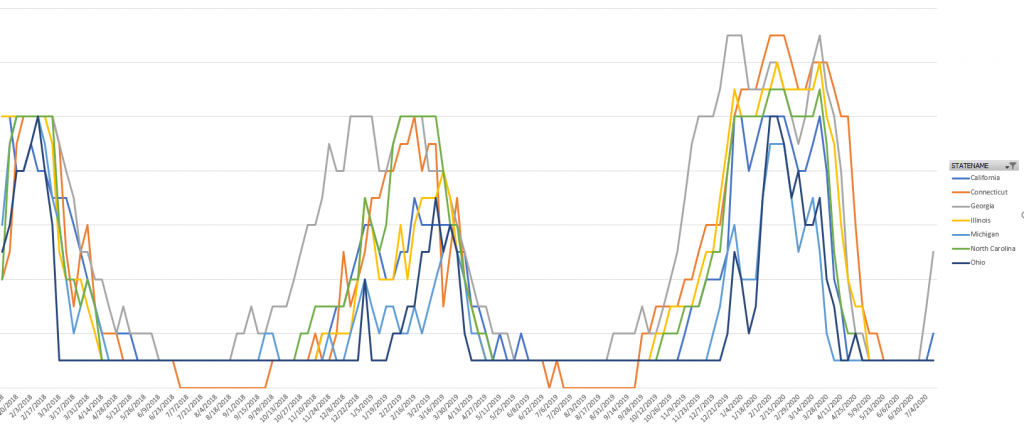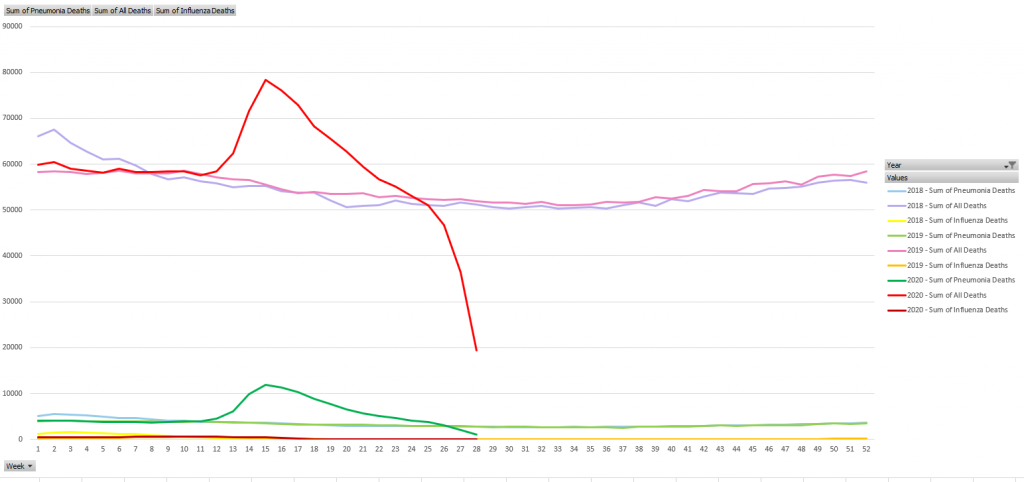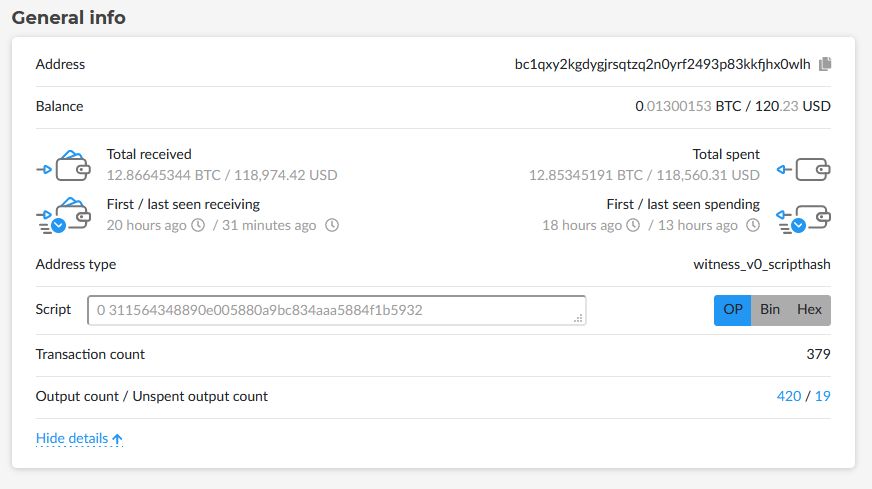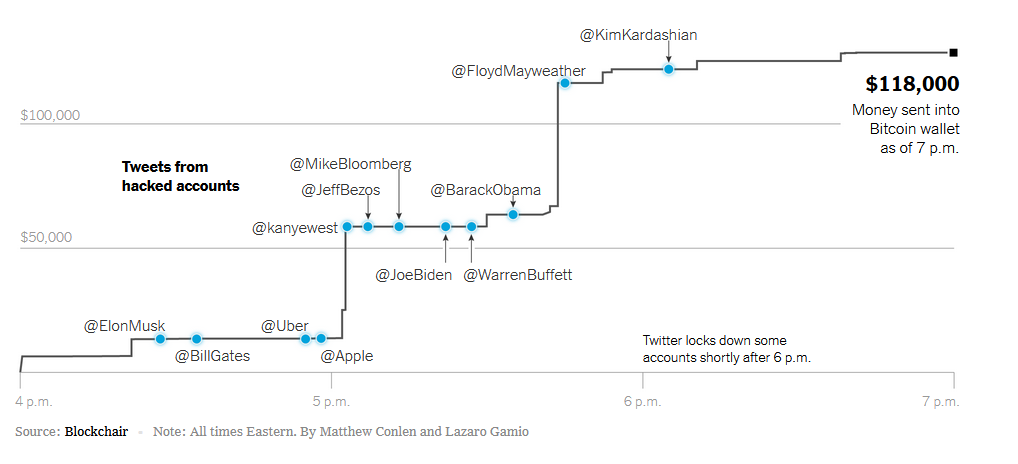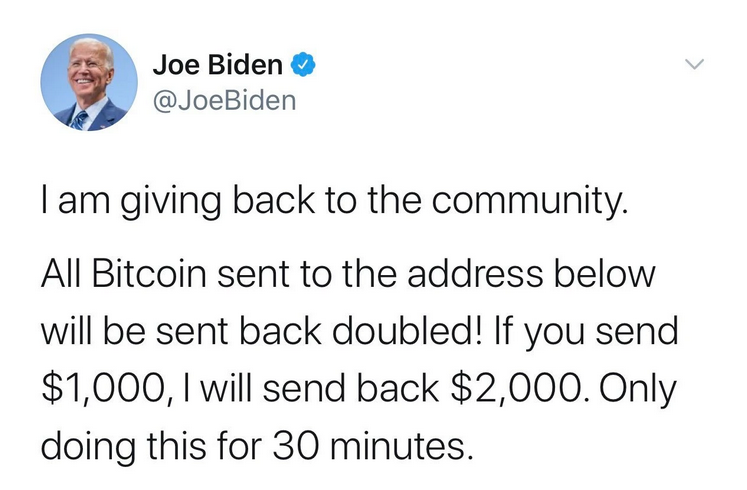Category: Politics and Government
Death Panels
Texas is going to start sending the least likely to survive home to free up healthcare resources. A few months back, Italy had been floating some metrics for determining who got sent home and who rcv’d treatment. Had a few friends freaked out over the inhumanity of it, but … there’s a limited resource exceeded by need (and a metric may make it easier for healthcare workers charged with delivering awful news to families). To act like the choice is between this awful scenario and something awesome — like we could have this most-apt-to-survive-gets-treatment rule or everyone would immediately be treated (successfully, of course) for whatever ailment — is living in a fantasy world.
Those aren’t the choices available. What we’ve got without “least likely to survive get no treatment” seems to be either first-come-first-serve or highest-bidder. Neither of those are great algorithms for determining who is saved. A “death panel” sounds inhumane (and it’s obviously branding from an opposition group), but some outcome prediction to determine who gets treated … well, I guess it sucks for those with unlimited cash to ensure they’re always going to be the high bidder because they’ve now in the same boat as everyone else. But it’s about as close to an equitable solution as you can get in an awful situation.
One of my biggest problems with politics is the short-attention-span theatrics of it all. Both death panels and now — yeah, someone can come up with a terrifying phrase to make a solution sound unthinkable. But talk about the options and the rational for the approach for an hour and it’s a different picture.
I wish progressives would get better at branding and marketing — yeah, we’ve got death panels. But you’ve got the medical treatment auctioneer. This vial of insulin goes to the highest bidder — and Anne Rice wins this round. Sorry, all you penniless rubes. If you’re not in a coma in two hours, we’ll have another auction.
Hopefully people will be a little more understanding of treatment allocation based on predicted outcomes next time we talk about universal healthcare.
Influenza Data
Scott hypothesized that 2020 should have a fairly low rate of illness apart from SARS-CoV-2. The preventative measures taken to limit the spread of this virus should also have reduced the number of people with colds, flu, etc. There’s no way to tell for mild illnesses, but I knew the CDC tracked flu and pneumonia cases … you can link the CDC’s CSV data sources into Excel, create a Pivot table to get rows of week numbers or months & columns of year-by-year case counts, then create a chart that compares case counts year-to-year. Unfortunately, they have a new file name each week. You’ve got to find the latest URL from https://www.cdc.gov/flu/weekly/index.htm
I was surprised to see 2020 significantly higher than the previous two years through the end of April and bumping back up again between weeks 26 and 27 (late June / early July)
Broken out by state and filtered to a few states to make the chart readable, I see the same trend. 2020 is generally higher than 2019 or 2018.
The significant increase in pneumonia deaths this year? That’s probably not people who actually had pneumonia completely unrelated to SARS-CoV-2. The influenza/pneumonia data set includes an “All Deaths” column — which depicts the excess deaths for 2020 (I assume the past month or so of data is not yet finalized, as thee numbers fall off sharply in the final weeks of the data set).
The Evolution of Protests
People who have been dealing with police brutality for decades need to be remembered as protests against police violence continue. I could get brutalized for showing up at a protest, but someone with different DNA could get brutalized for walking downtown. But the evolution of BLM protests into protests against police brutality used against protesters and protests against federal policing of American cities are perfectly valid movements too. I see people who had no personal experience with police brutality who joined a protest based on their reaction to the Floyd video got to experience profiling (you’re here with a sign, so must be a violent anarchist out to smash glass), police brutality, and violent over-reactions. Brings to mind the hypothesis that military action in Iraq was a huge recruitment driver for radical groups — people who disliked abstract America policy in a non-violent way experienced that policy as friends and family became collateral damage. And wanted to “do something” to push back.
Although, that may be the point of the BLACK Lives Matter movement — that given two equally valid movements, the one impacting white people hold the nation’s attention while the equally valid concerns from a minority group fall by the wayside.
The New Caravan
Black Helicopters Approach
Censorship?
This may be a paranoid thought, but … a bunch of high-profile people’s Twitter accounts were hacked today, and the messages posted asked followers to send Bitcoin. Twitter shut down these accounts for a few hours.
There’s obviously a profit motive here — as of 11:30 today, they’ve garnered over 118k (and have been clearing the money out, so money isn’t just an unfortunate consequence of the hack).
The target list that is hyped includes a lot of big names, and it’s interesting to see which names seem to create the biggest bump in transactions to the wallet.
But the one that stands out to be is Joe Biden — and, yes, it looks like his account was hacked.
This looks like a proof of concept test to me. Now, it’s possible that Trump wasn’t hacked because it is so implausible that he’d be giving back to the community. But forcing the platform to shut down a bunch of accounts, including a number of your political opponents, is a brilliant approach to disrupting campaigning. Seems like a next level move from a government-sponsored intel group looking to interfere with elections after their troll accounts and advertising attempts get shut down.
Re-imagine the Police
The defund movement suffers from a branding problem. There are a lot of people for whom ‘defund the police’ seems to mean ‘decent into anarchy’. Few are looking to cede all property rights, eliminate personal property, eliminate speed limits. To me, defunding the police means funding a new government organization staffed with social workers, psychologists, and mediators to handle the massive number of calls that don’t involve arrest. Possibly moving toward the UK idea of generally unarmed officials with a small group of armed police to respond to situations where armed police are actually needed. Personally, I’d have three groups — social-workers for mental heath issues / inter-personal relationship problems, non-armed responders (the trespassing call we put in a few weeks ago certainly didn’t need an armed guy responding — just someone with legal authority to remove the trespasser), and armed responders for dangerous situations. But that idea is hardly encompassed in the word “defund”.
I’ve been thinking reorganize might be a better phrase — reorganize the police. There’s a shared responsibility for public safety, and it would be beneficial that the two groups not be working at odds. I see St Petersburg “reimagining” the police to include a group of more social-work oriented police. I like that turn of phrase. It doesn’t address the awful historic roots of policing … but there are a lot of institutions in this country (government and business) with horrible pasts. I think an organization’s roots are far more acceptable if the current entity wasn’t exploitative, abusive, or colonialistic. United Fruit became Chiquita — their exploitations today are the problem! “Re-imagine” suggests there was something wrong with the original conceptualization that needs to be changed. By keeping the non-police responders under the same organization, the budget it retained (maybe even grown — move a lot of current funding over to social services, add a little more). And there’s no “but the anarchy” strawman.
